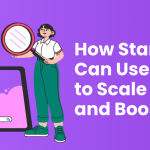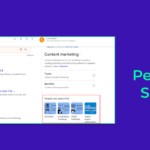Table Of Content
Who says pay per click marketing always works your way?
Pay Per Click (PPC) marketing is a great way to get your brand noticed and generate leads. However, if you’re only focusing on the perks of PPC marketing, we must tell you that there is a lot more to it.
Like other marketing efforts, PPC marketing also comes with complications and challenges.
PPC can be expensive and time-consuming, and it’s not always easy to measure the success of your campaigns.
It’s also important to understand the nuances of the different platforms and know how to optimize your campaigns to get the best results.
While this type of marketing can be effective, you must be aware of the disadvantages associated with it.
In this post, we’ll consider some of the potential drawbacks of pay per click marketing. Don’t mindlessly jump into anything; let’s understand the disadvantages of pay per click marketing in a structured manner.
What Is Pay Per Click (PPC) Marketing?
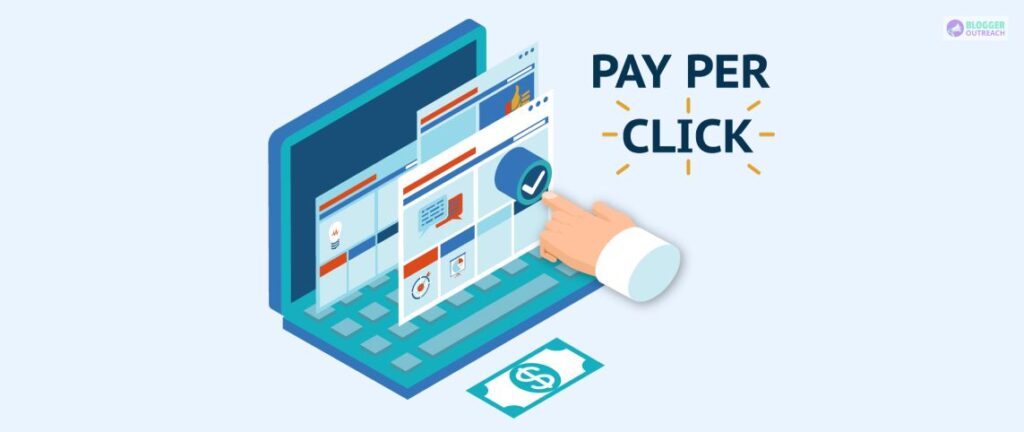
Pay Per Click (PPC) marketing is an internet advertising model in which companies or individuals have to bear a cost every time someone clicks their ad.
This model of online marketing is used to direct traffic to websites where users can take the desired action, such as making a purchase or submitting a lead.
A PPC campaign aims to bring in potential customers who are actively looking for a product or service that you offer.
How Does Pay Per Click Work?
Advertisers bid on relevant keywords or phrases and then pay for each click on their advertisement. They can show their advertisement on various websites and search engine result pages (SERPs).
Advertisers can also set a budget for their PPC campaigns and track conversions. This helps them determine their PPC ad campaigns’ return on investment (ROI).
Additionally, they can track the activity of their ad campaigns and make adjustments to maximize their return on investment.
Given the advantages, we often need to pay more attention to the fact that PPC comes with many disadvantages. Avoiding those can cost you a lot of time and money. Therefore, it is important to know about PPC’s core essentials before launching a campaign.
You May Like To Read This: How To Become A Digital Marketing Specialist?
7 Disadvantages Of Pay Per Click (PPC) Marketing
Now more than ever, there are glaring weaknesses in pay per click advertising highlighted by user activity trends.
Have you noticed changes in user activity?
If so, you’re not alone – our analysis of pay per click advertising reveals some unexpected vulnerabilities that require your attention.
1. Price Fluctuations

The cost of Pay per click (PPC) advertisements can quickly add up because of the various costs associated with running a PPC campaign.
The cost for each click can be quite high, depending on the keywords you are targeting. Cost can quickly add up as the cost of bidding on competitive keywords.
If you are targeting competitive keywords, you will need to bid higher amounts to stay competitive and gain visibility in the search engine results.
The cost of setting up and managing a PPC campaign can be quite high, depending on the complexity of the campaign. Setup costs can include the following-
- The cost of setting up the ad.
- The cost of building and optimizing the landing page.
- Any tools used to help optimize the campaign.
Also, the cost of PPC advertisements can quickly add up if you need to monitor and adjust your campaigns.
Moreover, you need to regularly review and optimize your campaigns to save money on effective ads and keywords that do not result in conversions.
Overall, the cost of PPC advertisements can quickly add up unless you monitor, optimize, and adjust your campaigns. By investing time and resources into optimizing your campaigns, you can ensure that you are getting the best.
2. Limited Visibility For Certain Market Segments
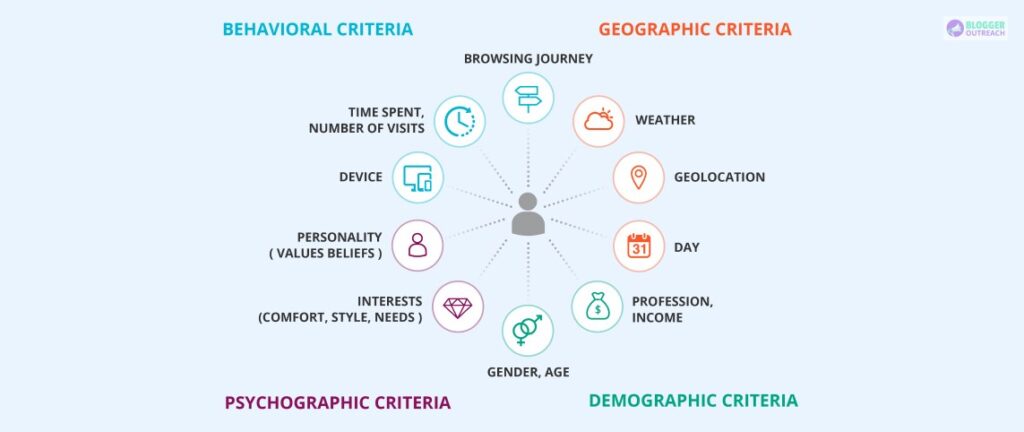
PPC campaigns can be tailored to target specific market segments but can still be limited in visibility due to budget constraints, competition, and other factors-
(i) Budget: The first factor that can limit visibility is budget. Pay per click campaigns is often limited to a certain budget, meaning that businesses can only afford to bid on certain keywords or target certain demographics. As competition increases for those keywords, the cost of the campaign can increase, limiting the campaign’s visibility.
(ii) Competition: As mentioned, competition can cause the cost of the campaign to increase, but it can also limit visibility. Businesses often compete for the same keywords, meaning their ads can be lost or targeted to the wrong demographic.
(iii) Seasonality Or Consumer Trends: For example, if a business is targeting a specific segment but is not in demand or experiencing a seasonal lull, its ads may need more visibility.
(iv) Consumer Behavior: Consumers may search for certain keywords or look in certain places, but if they do not see the ad, they may not click on it. This can limit the campaign’s visibility, as the ads may need to be seen by the right demographic.
3. Difficulty Measuring ROI

Measuring the return on investment (ROI) of a pay per click (PPC) campaign can be difficult as there are various factors to consider. These include-
- The cost of the PPC campaign.
- The number of clicks.
- The conversion rate.
- The campaign’s overall goal.
Additionally, the amount of data available for analysis can vary depending on the campaign’s platform(s) used. As such, it is important to track data from each platform separately to ensure that the most accurate results are obtained.
A major disadvantage of PPC advertising is that it can be difficult to measure the return on investment (ROI).
To measure the ROI of PPC campaigns, marketers have to track each incoming lead and determine if the lead converted into a sale. This can be time-consuming and difficult to do.
Additionally, tracking the “long-term” effects of a PPC campaign can be difficult, as users may click on the ad but not purchase anything immediately.
Overall, while PPC advertising can be effective, it is important to be aware of the difficulty in measuring ROI. To ensure the success of a PPC campaign, marketers should develop a comprehensive tracking system that allows them to measure the campaign’s success and adjust their strategy accordingly.
Moreover, it is important to track all relevant metrics to understand the campaign’s effectiveness better and make more informed decisions going forward.
4. Highly Competitive

PPC campaigns are a hard nut to crack, given you don’t know how to move forward. Here’s why it is so competitive-
(i) A Lot Of Competitors: Pay per click (PPC) advertisements are highly competitive because they allow businesses to pay for their ads to appear in the sponsored search results of search engines, such as Google and Bing. When a user searches for a particular keyword or phrase, the sponsored results are the first ones to appear at the top of the SERP. This means businesses compete for a limited space to appear in the top results.
(ii) Bidding Competition: Each pay per click ad is auctioned off to the highest bidder, which means that businesses compete with each other for the same keywords and phrases. This drives up the cost of PPC ads, as businesses must bid higher amounts to have their ads appear higher in the SERP.
(iii) Right Targeting: PPC ads target particular audiences, meaning businesses compete to reach the same demographic. Businesses need to be strategic in their targeting to reach the right people and maximize their ROI.
Overall, with limited space, high bids, and strategic targeting, pay per click advertisements are highly competitive and require businesses to be cunning about their PPC campaigns to succeed.
5. Conversion Rates Are Not Guaranteed
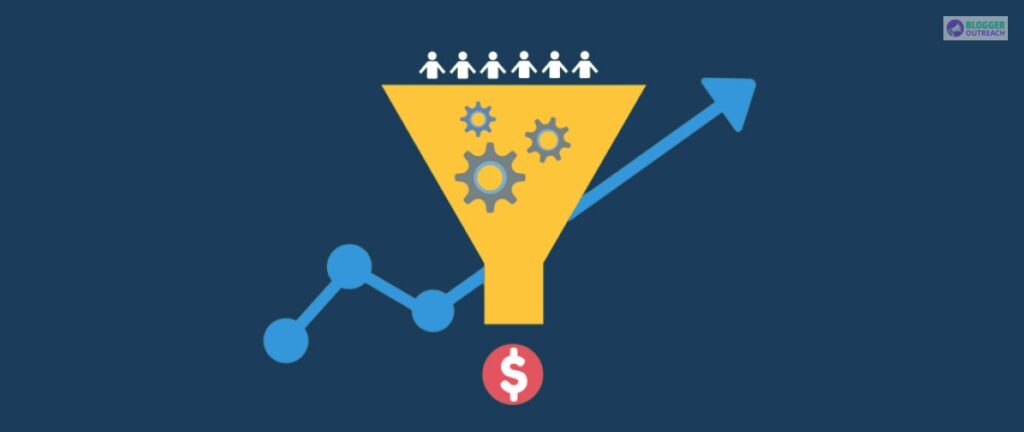
Conversions are not guaranteed in Pay Per Click (PPC) marketing because there are many variables and risks involved in the process.
(i) Targeting: One of the biggest risks is that the right audience may need to see the ads. However, if you reach the correct audience, the chances of getting a conversion are certain.
(ii) Optimization: Another risk is that the ads need to be optimized correctly. If the ads are not optimized correctly, they may not have the right keywords, ad copy, or call-to-action. On the other hand, with proper optimization, the ads may be visible to the right people and be compelling enough to generate conversions.
(iii) Tracking: With proper tracking, it can be easier to measure the ads’ effectiveness and identify areas that need improvement. With appropriate monitoring, it can also be easier to determine whether the ads generate conversions.
(iv) Testing: The fourth risk is that you must test the ads properly. With proper testing and optimization, it’s almost possible to meet the target audience’s needs, and there is no guarantee that the ads will generate conversions.
Overall, there are many risks and variables involved in Pay Per Click marketing, and there is no guarantee of conversions.
6. Difficult To Manage

PPC advertising can be a difficult form of marketing to manage, especially for small businesses. People often find it difficult to manage a PPC campaign because of the following reasons-
(i) Campaign: Setting up a PPC campaign can be complex and time-consuming. It requires a deep understanding of the target market and how to reach them effectively.
(ii) Crafting Compelling Copies: Creating the ad copy, targeting the right keywords, and developing a budget are all essential components of a successful PPC campaign.
(iii) Monitoring: Once the campaign is live, monitoring and adjusting bids and budgets become essential for staying ahead of the competition.
(iv) Optimization: PPC campaigns also require continuous optimization to ensure that the ads reach the right audience and achieve the desired results.
(v) Resource Management: Additionally, PPC campaigns often require many resources to manage and maintain. This includes a dedicated team to monitor and adjust the campaigns to ensure they meet the desired objectives.
PPC campaigns require a lot of time and resources to create, track, analyze, and adjust. However, with proper management, pay per click campaigns can become affordable and effective.
Additionally, PPC advertising requires sound knowledge and expertise to generate the desired results. With the proper knowledge and expertise, businesses may save money on effective campaigns.
7. Risk Of Click Fraud
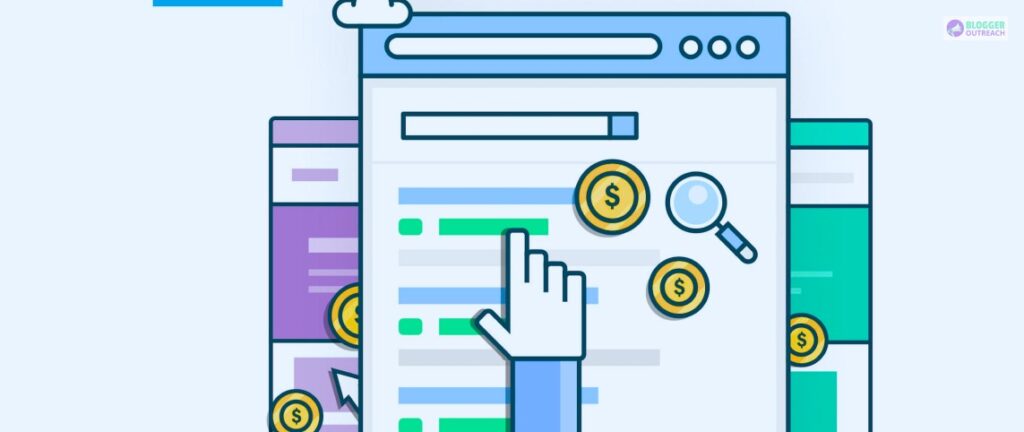
Click fraud is an act of malicious intent designed to drain an advertiser’s budget and make money for the perpetrator.
It involves someone, a bot, or a computer program imitating a legitimate user of a web browser clicking on an online advertisement, to generate clicks without any real interest in the content.
The risk of click fraud for businesses utilizing pay per click (PPC) marketing is undeniable and can lead to costly losses in wasted marketing dollars.
(i) Sources: Click fraud can occur from various sources, such as malicious competitors, automated bots, or even company employees. It can also happen when someone uses a computer to click on a PPC advertisement multiple times. This can result in an inflated cost per click or even the complete removal of the ad from the search engine or website.
(ii) How To Protect: Click fraud is a serious threat that can severely impact a company’s bottom line. To protect against it, businesses should employ analytics tools to monitor their campaigns and look for any suspicious activity. Additionally, they should set limits on how much they are willing to spend per day or week and use fraud-detection services to block fraudulent clicks.
Final Take!
Pay per click marketing is a great way to get your brand noticed and generate leads, but it’s important to consider the potential drawbacks.
For example, PPC can be expensive and time-consuming, and it can take time to measure the success of campaigns.
Additionally, it’s important to understand the different platforms’ nuances and know how to optimize your campaigns to get the best results.
For these reasons, it’s important to weigh the cons of pay per click marketing before deciding if it’s the right choice for your business.
We Hope you find this article worth reading. If you need more information, feel free to reach out to us.
Read More:



